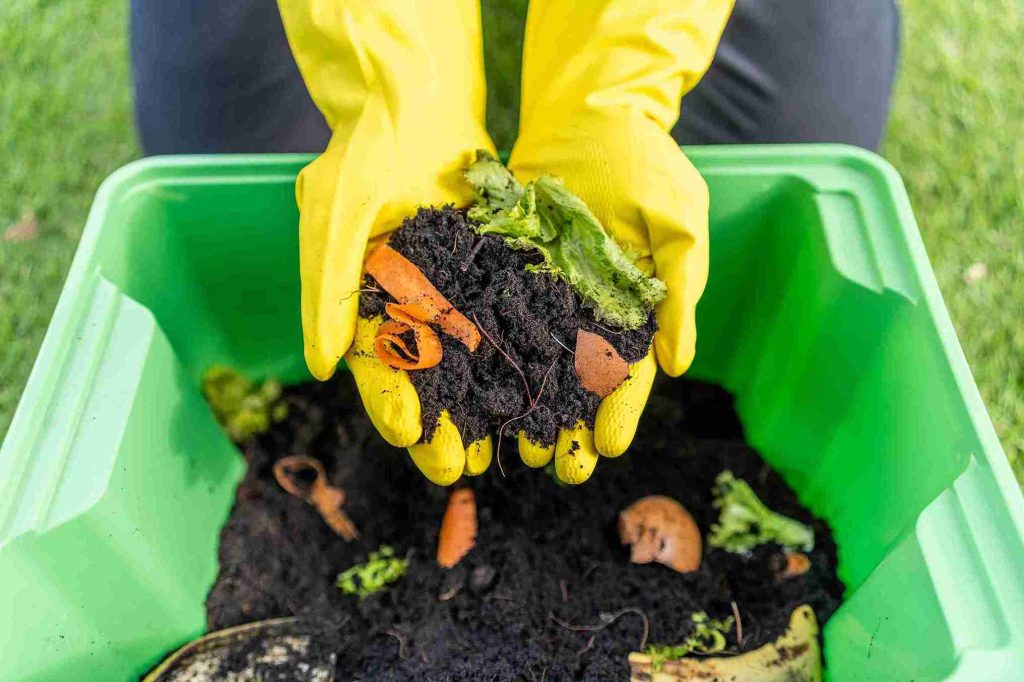
Are you allowed to burn garden waste in the UK?
Autumn brings crisp evenings, falling leaves, and plenty of garden clear-ups. For many, the...
Read MoreArrange your free audit
Enter your details below and a member of our team will be in touch to discuss a free site audit.
Alternatively, call us on 0161 764 2000
"*" indicates required fields

Got a question?
"*" indicates required fields
Whats on this page:
Think your garden waste bin can handle anything from the garden? Think again. While it’s designed for clippings, leaves, and light trimmings, plenty of common items can’t go in, and getting it wrong could land you with a fine or missed collection. From hidden plastics to problem plants, here’s what you need to know before you start clearing out your garden.
These are the most common garden waste items you should avoid putting in your green bin:
Your garden waste bin is only for compostable plant matter. Soil is too heavy and damages machinery. Pet waste contains bacteria that spoil compost. Invasive plants like Japanese knotweed can cause environmental harm and lead to legal action. Food scraps attract pests and disrupt the composting process. And while plastics, rubble or netting may come from your garden, they can damage equipment and lower compost quality. Adding the wrong items can contaminate the whole batch or stop it from being collected, so always check what your local council accepts before filling your bin.
Even though they don’t belong in your garden waste, there are ways to remove or reuse these items.
| Waste Type | What to Do |
|---|---|
| Soil | Reuse in borders or beds Add to a home compost heap |
| Pet waste | Bag and bin with general waste Never mix with garden clippings |
| Invasive plants | Follow DEFRA guidance Use a licensed waste carrier |
| Food waste | Use your council’s food caddy (if available) |
| Plastics/rubble | Remove labels and netting Recycle pots/trays Bin broken tools/rubble with general waste |
The most common way to get rid of garden waste is by placing it in your garden waste bin, which is collected regularly by your local authority.
Garden waste includes:
Don’t let a simple mistake turn into a missed collection or costly fine. When it comes to garden waste, getting it right means less hassle and a cleaner, greener result. For everything that won’t fit in your green bin – from soil and rubble to full garden clearances – Wheeldon Brothers have you covered. We offer fast, affordable skip hire and waste removal across Greater Manchester, with upfront pricing and no hidden extras. Book online now or give us a quick call.
Yes, you can take garden waste to your local tip, as long as it’s accepted by your local council. Most tips will take grass cuttings, hedge trimming, branches, leaves, and small garden debris.
You can burn garden waste on your property, but it must be done safely and without causing a nuisance to neighbours. Councils can issue fines if the smoke becomes a hazard, especially near roads. Burning is not recommended for regular disposal – composting or using your green bin is usually the best option.
No, fruit and vegetables from your kitchen shouldn’t go in your garden waste bin. Even though they’re organic, they fall under food waste, not garden waste. Mixing food waste into your garden bin can attract pests and disrupt composting. Use your council food waste bin or a home compost system instead.
No, teabags shouldn’t go in your garden waste bin unless they’re accepted by your local council. Many teabags contain plastic, which doesn’t break down during composting. It’s safer to place teabags in your food waste or compost bin at home.